Regarding the threat of deepfakes - a technique that uses artificial intelligence to create fake images, sounds and videos, the 2024 report from the Global Initiative shows that the Asia-Pacific region will witness an increase in deepfake-related incidents second only to North America between mid-2022 and 2023.
Vietnam had the highest increase in deepfake fraud in the region (25.3%), followed by Japan (23.4%).

Deepfakes have the potential to erode trust in digital content. (Photo: AI)
The Asia-Pacific Mobile Economy and Digital Nations report by the Global Mobile Association (GSMA) shows that in Vietnam, 74% of consumers use e-wallets, but 89% fear account hacking, and 95% are concerned about personal data being abused online.
On April 15, the GSMA Digital Summit took place in Hanoi to discuss solutions to the most pressing challenges facing the region's digital transformation as the risk of fraud and security breaches increases.
“Vietnam is at a pivotal moment in its digital journey,” said Julian Gorman, Regional Director for Asia Pacific at GSMA. “On the one hand, high mobile penetration and a thriving e-wallet market are opening up huge opportunities for economic growth and financial inclusion. On the other hand, rising fraud and identity-related threats are shaking consumer confidence.”
In the Asia-Pacific region, 5G deployment is driving an increase in data traffic (about 4% per year over the next six years). To keep up with this growth, the GSMA report recommends additional incentives for investment in telecommunications infrastructure, strengthening the data security ecosystem, tackling online fraud, and international cooperation, etc.

Experts say Vietnam is experiencing remarkable growth in mobile services and could soon become a leading digital nation in the Asia-Pacific region. (Photo: BTC)
Emerging technologies such as AI, 5G and Open Gateway are reshaping the telecommunications industry, improving public services and narrowing the digital divide between urban and rural areas. In Vietnam, Viettel is among the few network operators in the world capable of fully deploying an autonomous 5G ecosystem.
Sharing about the topic of infrastructure development, Mr. Nguyen Dat, Deputy General Director of Viettel Group, affirmed: "Regarding the 5G network, despite facing many challenges in terms of large investment costs, we still aim to deploy quickly to achieve coverage like 4G today by 2026."
Viettel said that all urban and rural areas will use the most modern 5G Massive MIMO (massive multiple antennas) equipment, ensuring high performance and readiness for new generation digital services.
"This goal aims to ensure that all people have access to technology, regardless of region, narrowing the digital gap in Vietnam, aiming for the digital economy to contribute 30% of Vietnam's GDP by 2030," Mr. Nguyen Dat added.

5G Open RAN broadcasting station researched and developed by Viettel. (Photo: Manh Hung)
The conference discussed practical measures to combat digital fraud, including real-time transaction verification, multi-factor authentication, Silent OTP solutions, and increased cooperation between carriers, banks, and fintech companies.
The discussions also touched on the risk of SIM card fraud – an issue that 78% of Vietnamese consumers are concerned about, much higher than the regional average.
Despite Vietnam’s rapid digital transformation, challenges remain in digital skills and connectivity. Many experts have highlighted the importance of public-private partnerships in expanding mobile coverage, improving digital skills, and creating a regulatory environment that supports both innovation and digital security.
Source: https://vtcnews.vn/bao-cao-soc-viet-nam-dung-dau-gia-tang-gian-lan-deepfake-xep-tren-nhat-ban-ar937830.html




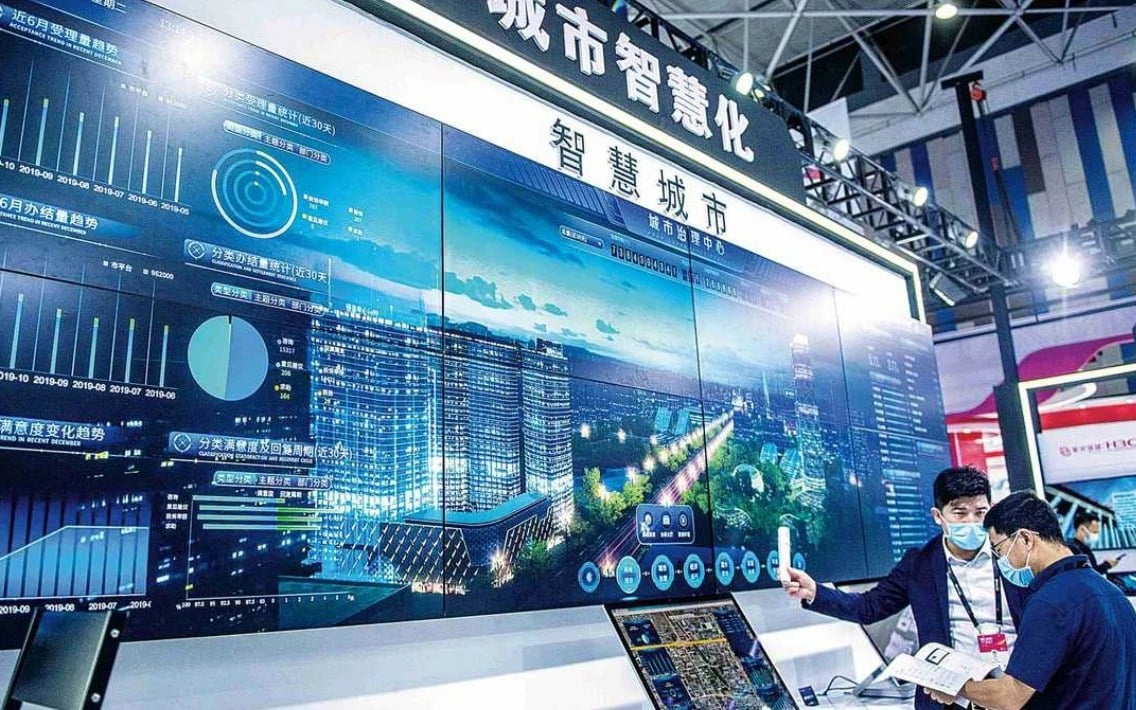

![[Photo] Bustling construction at key national traffic construction sites](https://vstatic.vietnam.vn/vietnam/resource/IMAGE/2025/5/2/a99d56a8d6774aeab19bfccd372dc3e9)

![[Video] VNREDSat-1 satellite continues to operate, providing images in the next 1-2 years](https://vstatic.vietnam.vn/vietnam/resource/IMAGE/2025/5/3/ba2d10831f954900b51ea7c9e66ddaba)




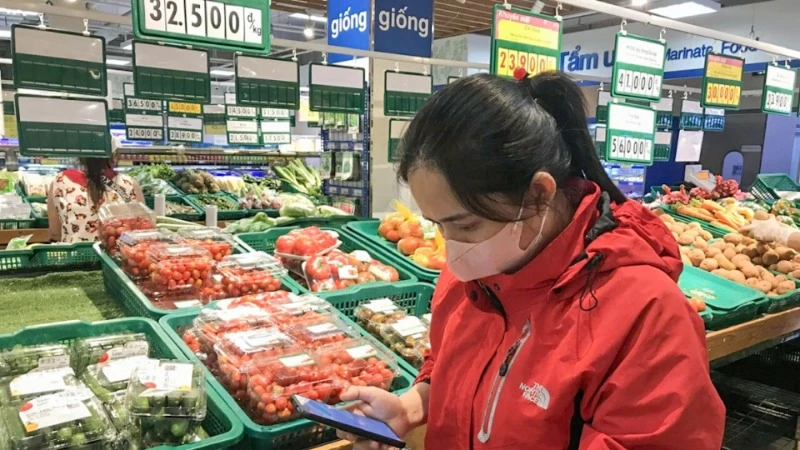


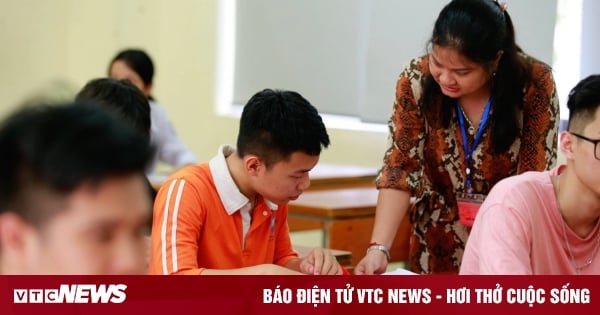


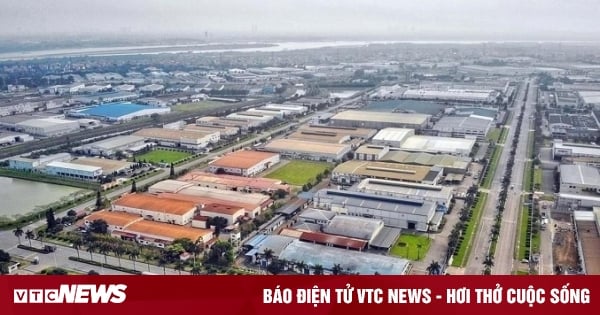


![[Photo] Binh Thuan organizes many special festivals on the occasion of April 30 and May 1](https://vstatic.vietnam.vn/vietnam/resource/IMAGE/2025/5/1/5180af1d979642468ef6a3a9755d8d51)
![[Photo] "Lovely" moments on the 30/4 holiday](https://vstatic.vietnam.vn/vietnam/resource/IMAGE/2025/5/1/26d5d698f36b498287397db9e2f9d16c)

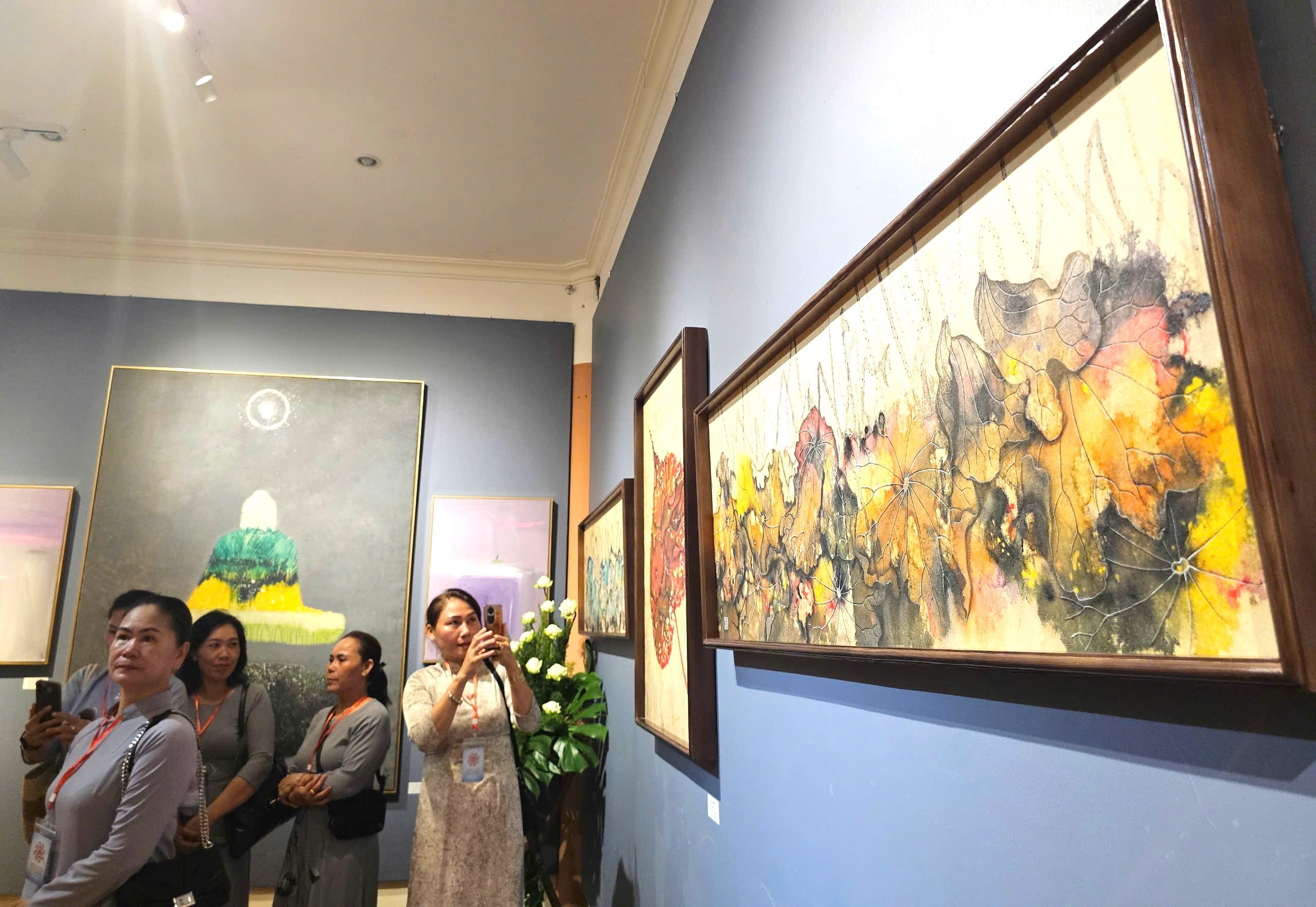





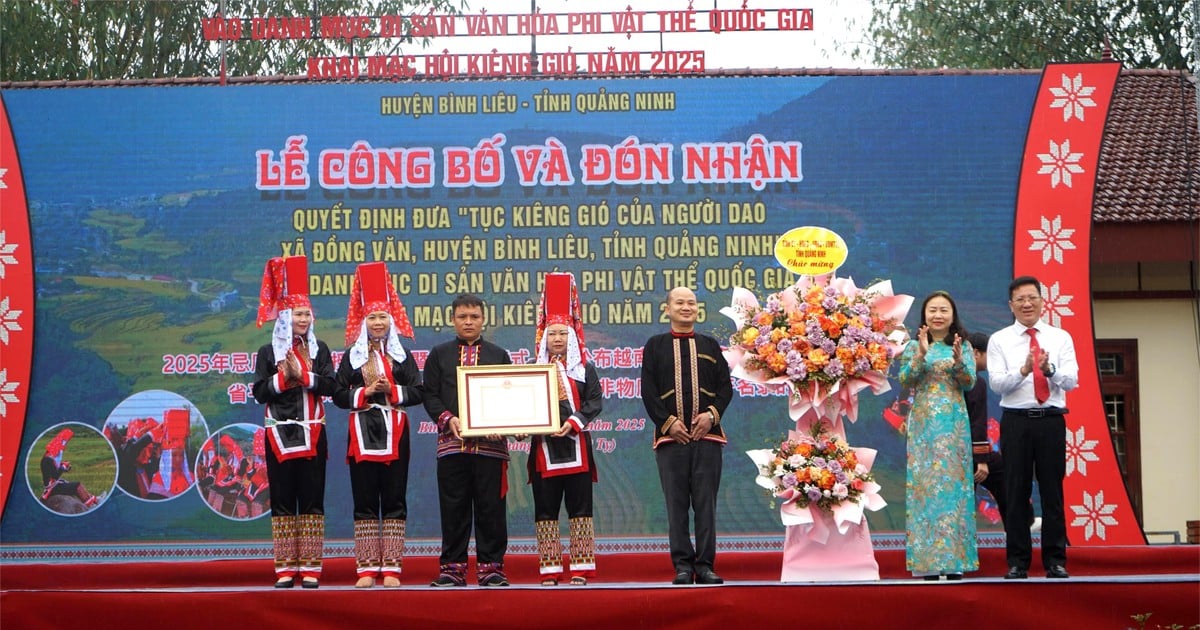





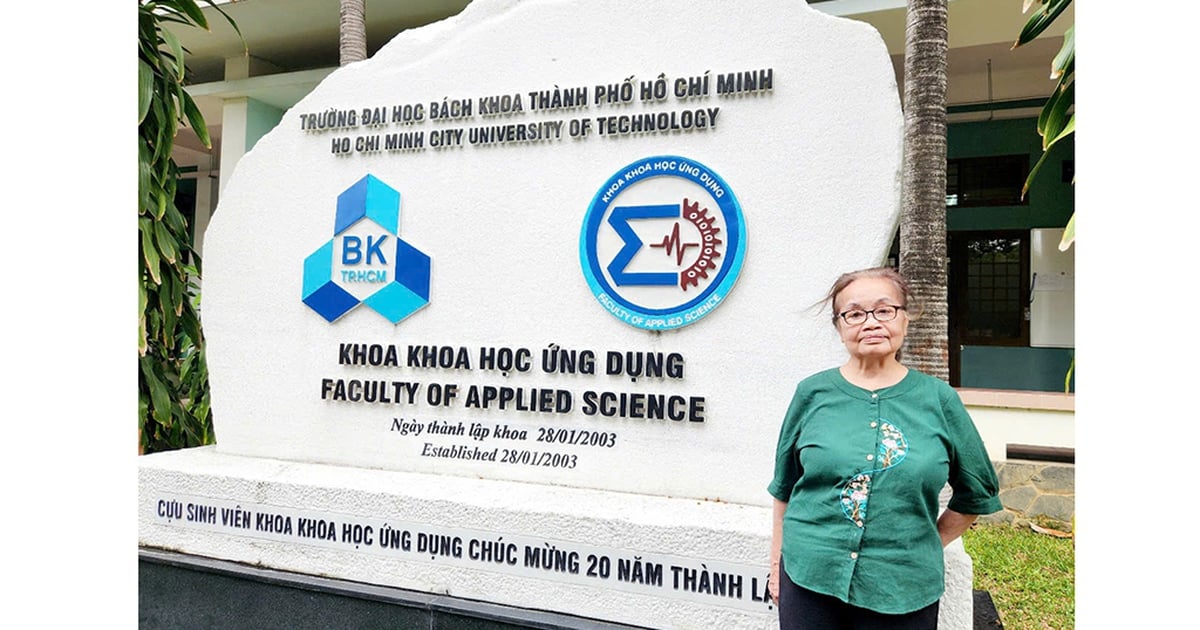

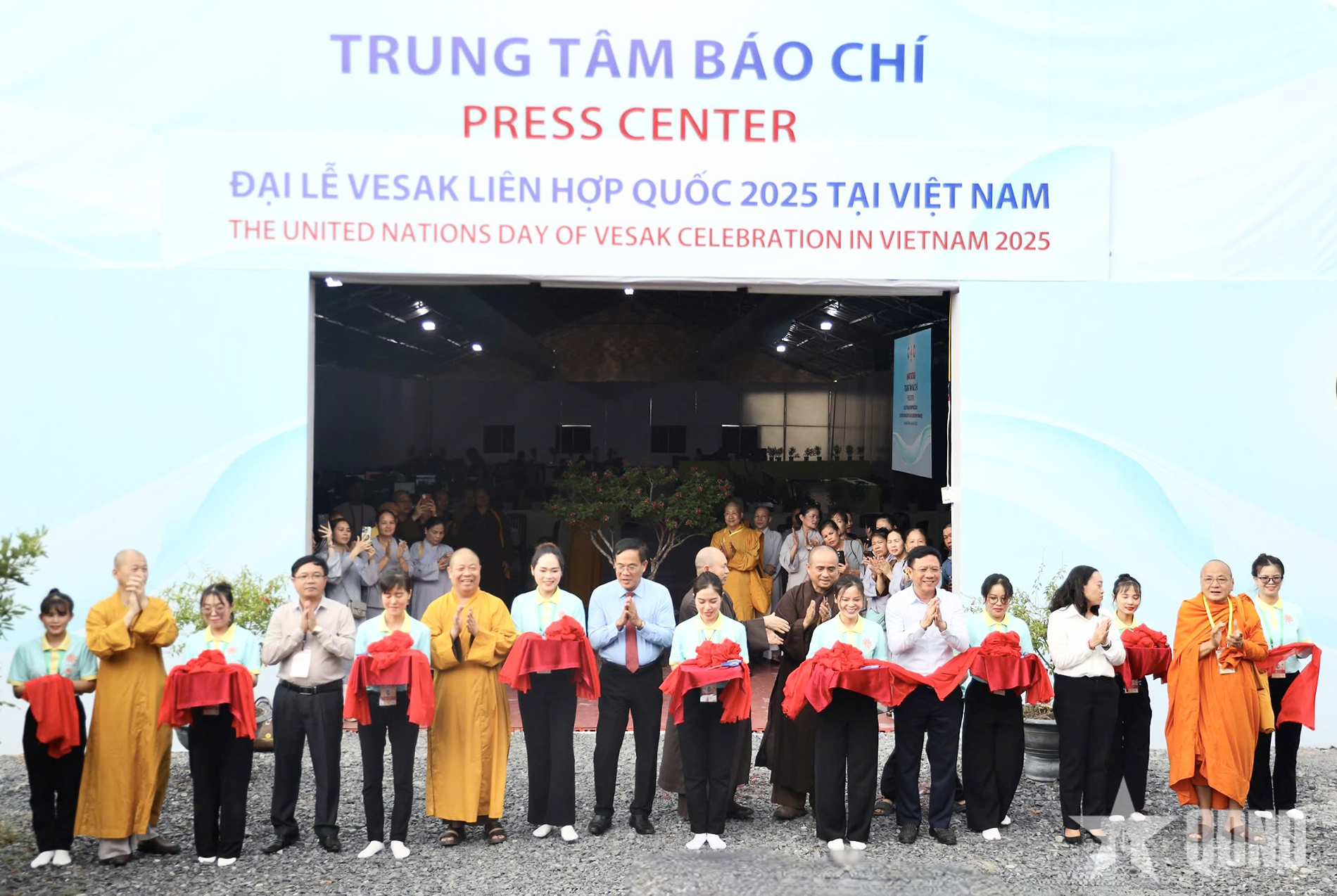



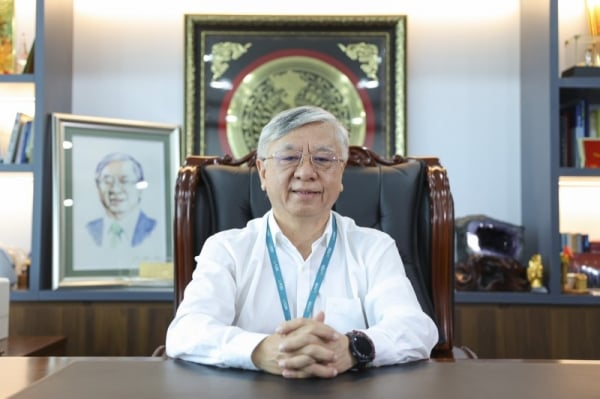

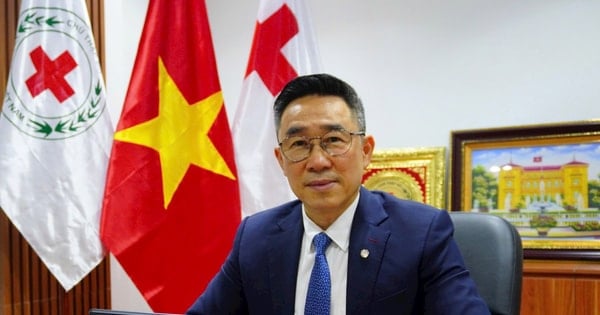










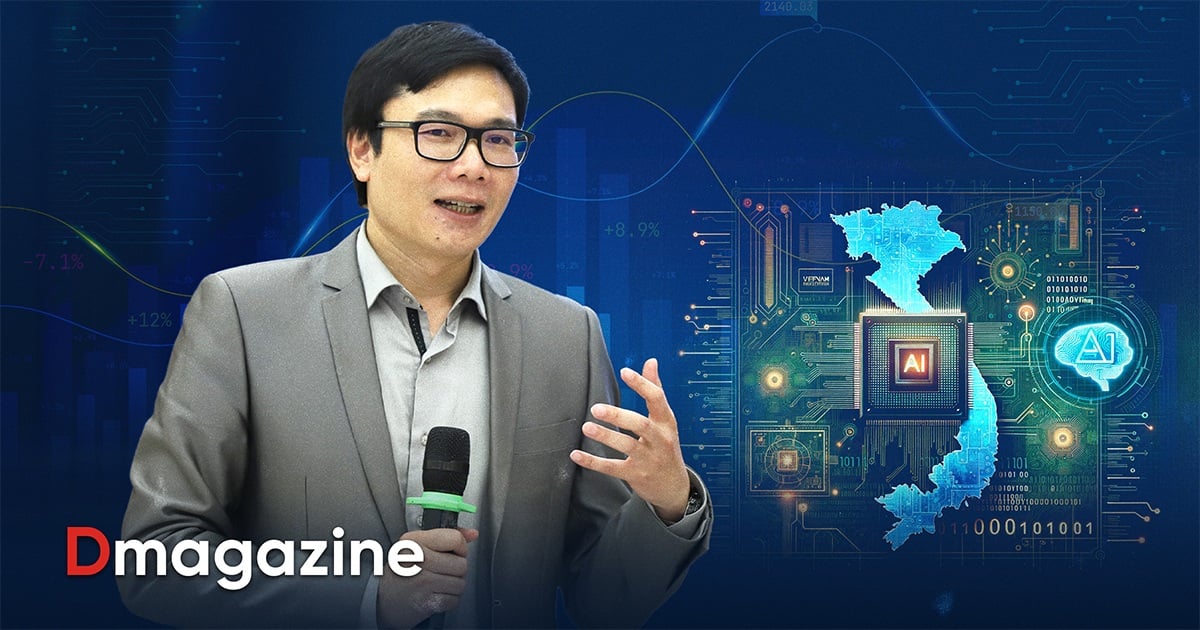

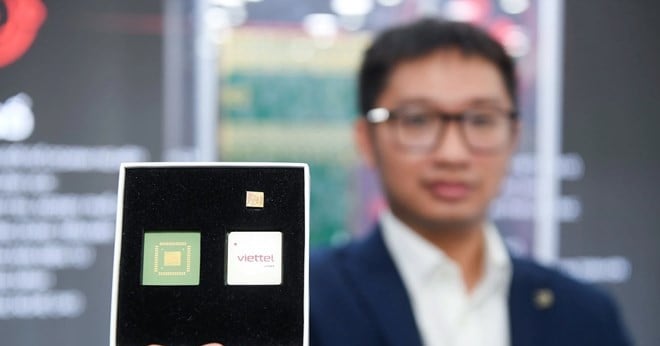
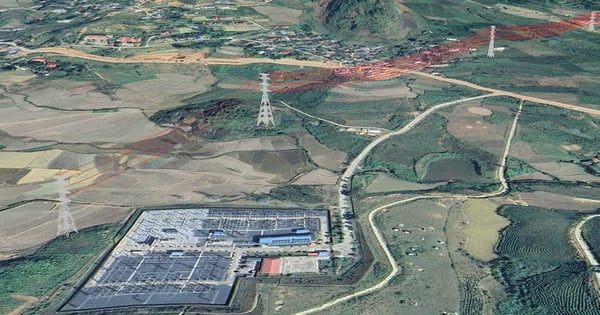
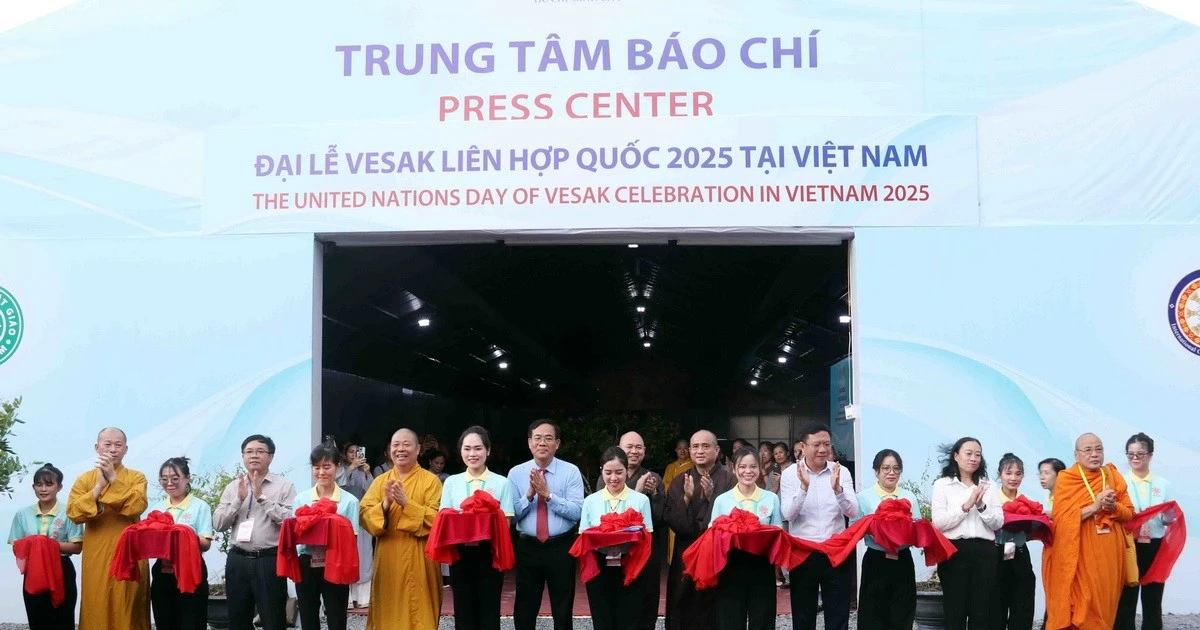
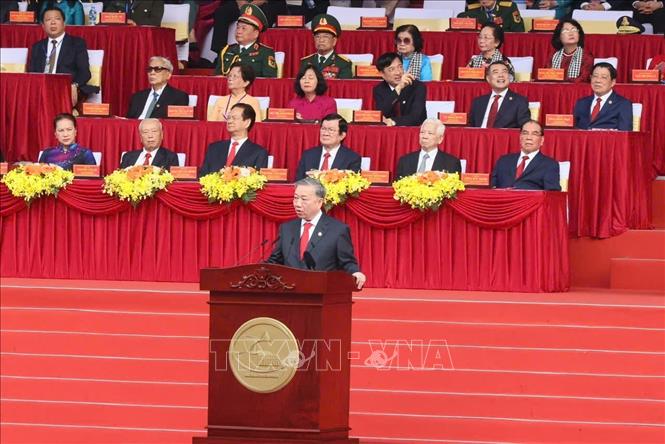







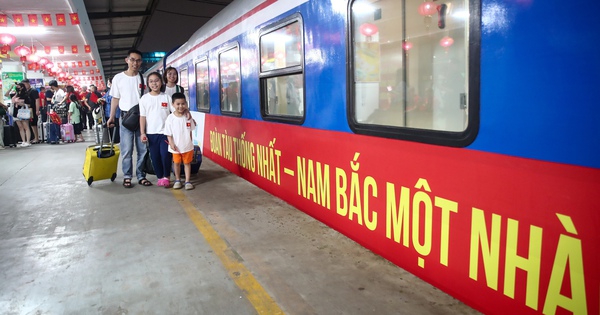


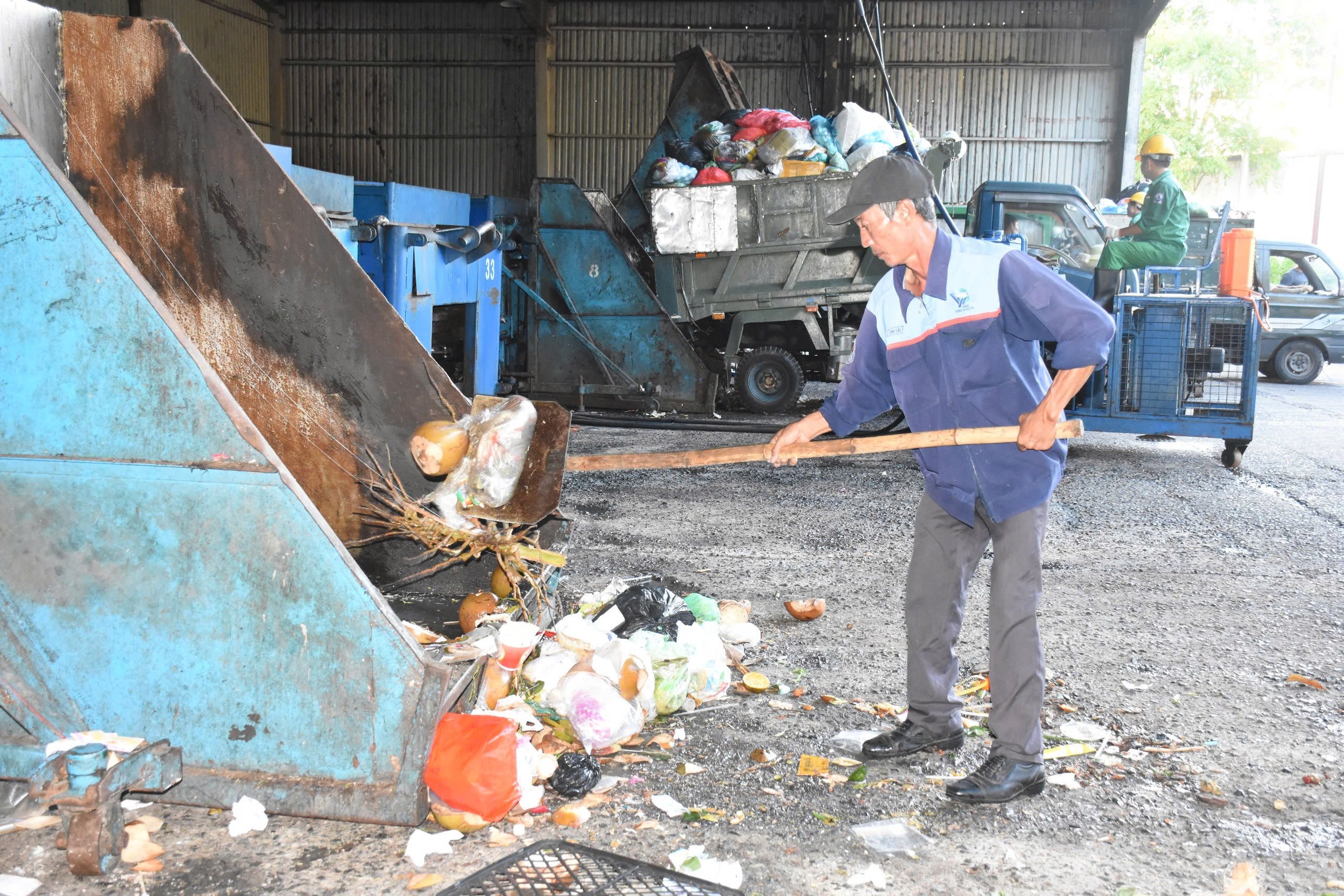

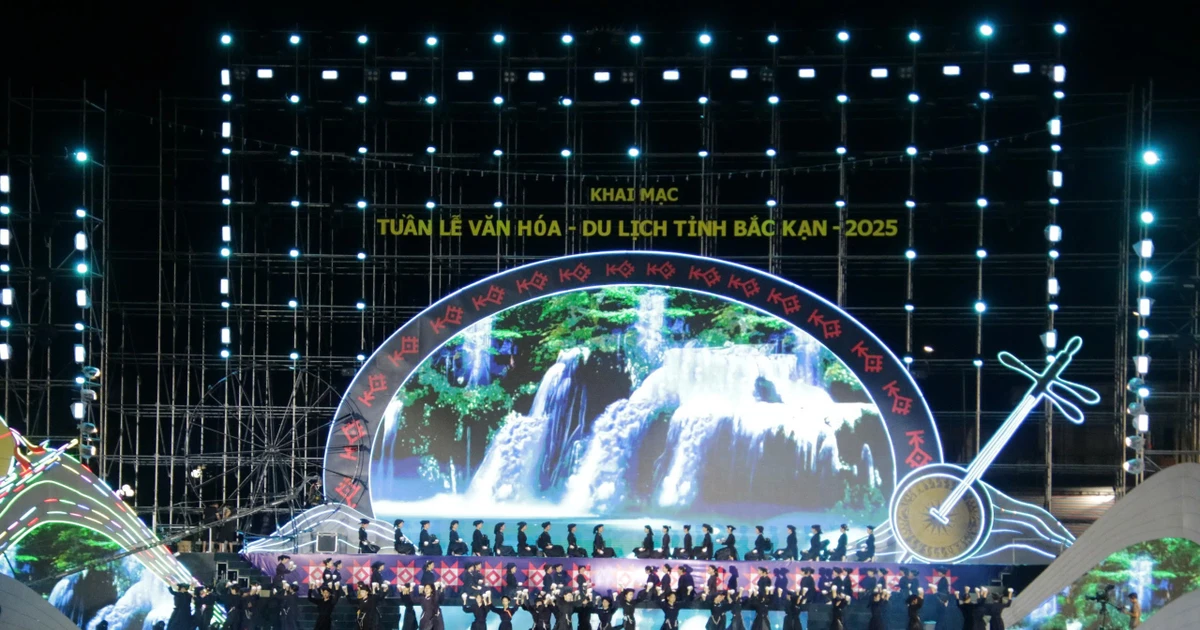

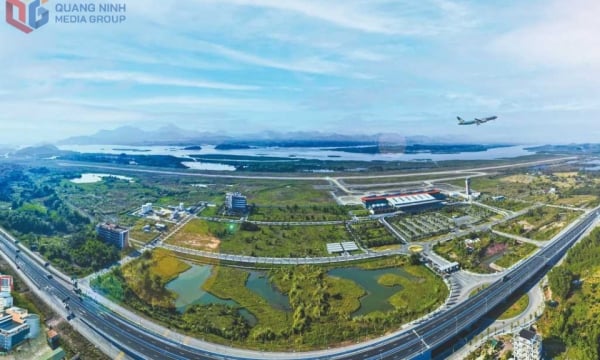










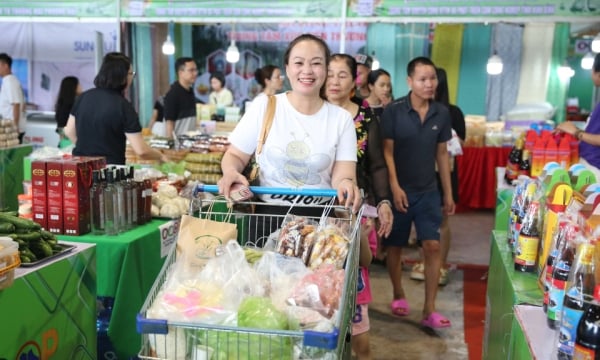

Comment (0)